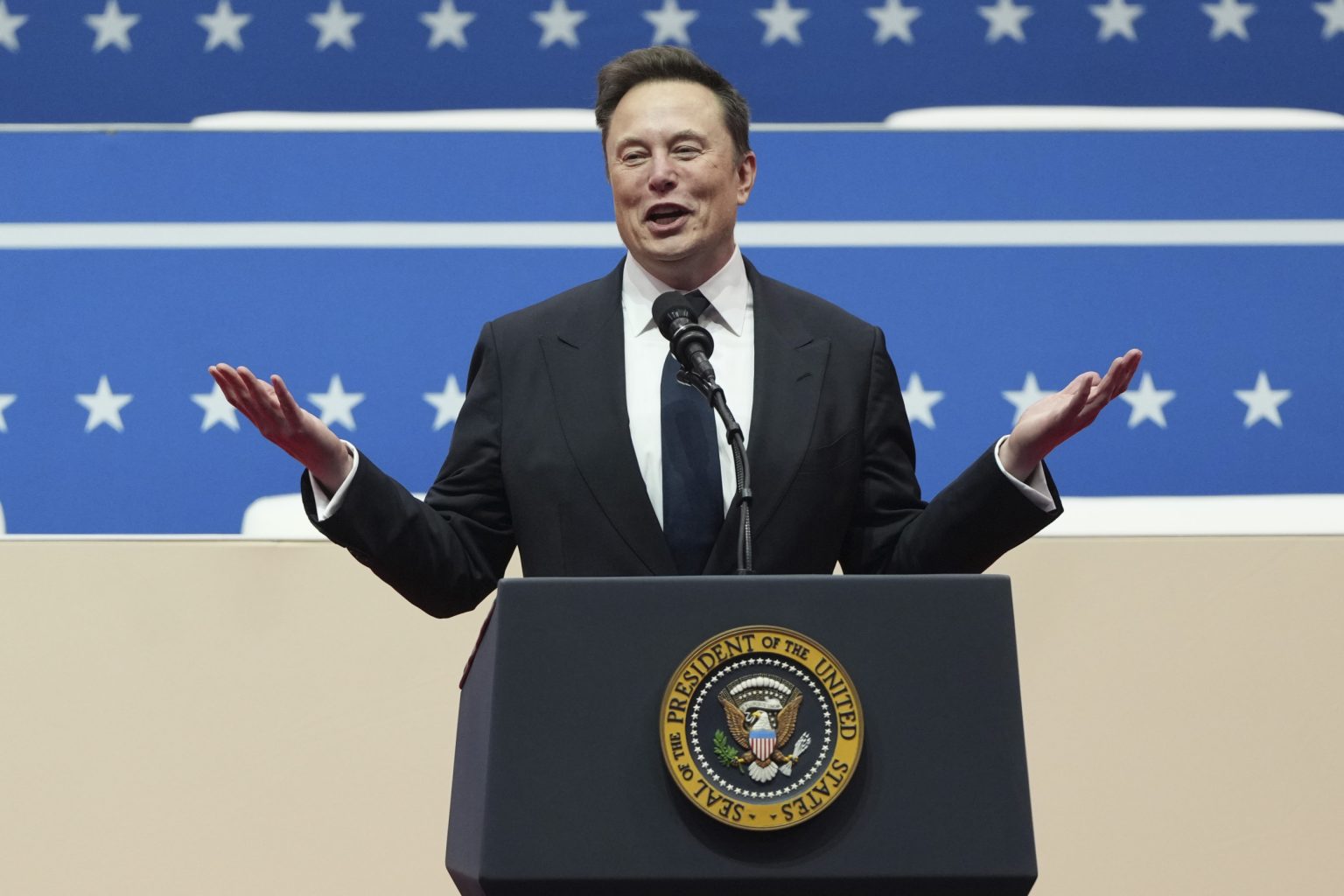The existence of a clandestine FBI unit dedicated to investigating Unidentified Anomalous Phenomena (UAPs), the government’s term for UFOs, has recently come to light, accompanied by concerns that its members may be targeted in a Department of Government Efficiency (DOGE) purge. This revelation comes amidst a wave of dismissals of FBI agents and Department of Justice prosecutors involved in investigations related to the January 6th Capitol riot and former President Trump’s handling of classified documents. Ryan Graves, a former Navy pilot and executive director of Americans for Safe Aerospace, revealed the existence of the UAP Working Group and expressed his apprehension regarding its potential dismantling, having spoken directly with agents who fear losing their roles and jeopardizing the ongoing investigations due to their association with the January 6th inquiries.
The UAP Working Group, comprised of over a dozen employees and a national program manager, has operated discreetly for the past year, conducting interviews, leading investigations, and striving to protect national security from potential UAP threats. The potential dismissal of these agents raises serious concerns about the future of UAP investigations, particularly given the increased public and governmental interest in the subject. The confluence of recent events, including mysterious drone sightings, whistleblower testimonies about encounters with alien spacecraft, and congressional hearings on the national security implications of UAPs, has propelled the topic into the mainstream. The potential loss of the UAP Working Group’s expertise and ongoing investigations could significantly impede progress in understanding and addressing the UAP phenomenon.
The timing of these potential dismissals coincides with a period of heightened focus on UAPs within the government. Congressional hearings featuring military witnesses who have encountered UAPs have underscored the potential national security risks posed by these unexplained phenomena. Furthermore, some allies of former President Trump, including his son, Don Jr., had previously indicated that thorough UAP investigations would be a priority for the administration. These pronouncements, coupled with calls from figures like Mike Waltz, Trump’s former National Security Advisor, for the government to take UAP sightings seriously, suggested a growing momentum for investigating these unexplained aerial encounters. The potential disruption of the UAP Working Group’s efforts raises questions about the administration’s commitment to pursuing these investigations.
The potential purging of the UAP Working Group has sparked outrage and concern from various individuals and groups. Ryan Graves, for instance, worries that removing key agents would undermine the administration’s commitment to understanding UAPs. Former Army special forces officer Caison Best, who reportedly communicated with the FBI working group after a UAP sighting, emphasizes the critical nature of their work. Senator Cory Booker has publicly condemned the potential firings of FBI agents, labeling them as retaliatory actions against those who uphold the rule of law. Attorneys representing FBI agents have also voiced their opposition, urging the Department of Justice to refrain from actions that violate established policies and legal norms.
The unfolding situation has prompted Congressional Democrats to pledge investigations into the dismissals of FBI and other federal law enforcement officials. The House Judiciary Committee is expected to address the matter in upcoming hearings, although the Republican-controlled House may present obstacles to legislative action. The ultimate fate of the UAP Working Group remains uncertain, and the potential consequences for UAP investigations are significant. The loss of experienced agents and the disruption of ongoing inquiries could hinder efforts to understand and address the UAP phenomenon, potentially leaving critical national security questions unanswered.
The broader implications of these potential dismissals extend beyond the UAP Working Group. The targeting of FBI agents and prosecutors involved in politically sensitive investigations raises concerns about the politicization of law enforcement and the potential chilling effect on future investigations. The ongoing debate surrounding the dismissals highlights the tension between the pursuit of justice and the potential for political interference in law enforcement agencies. The outcome of the congressional inquiries and the ultimate fate of the UAP Working Group will have significant implications for the future of UAP investigations and the integrity of federal law enforcement.


